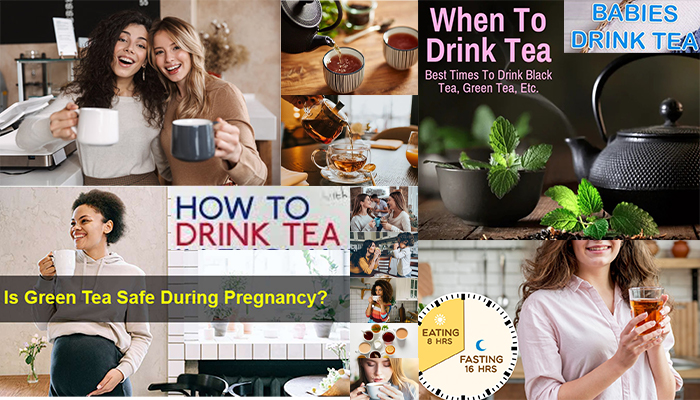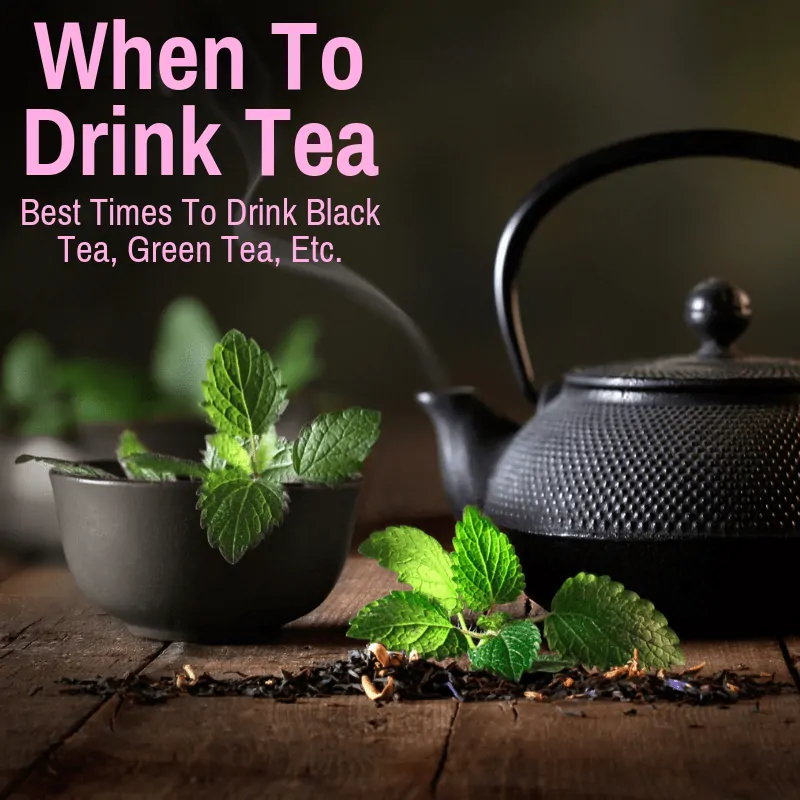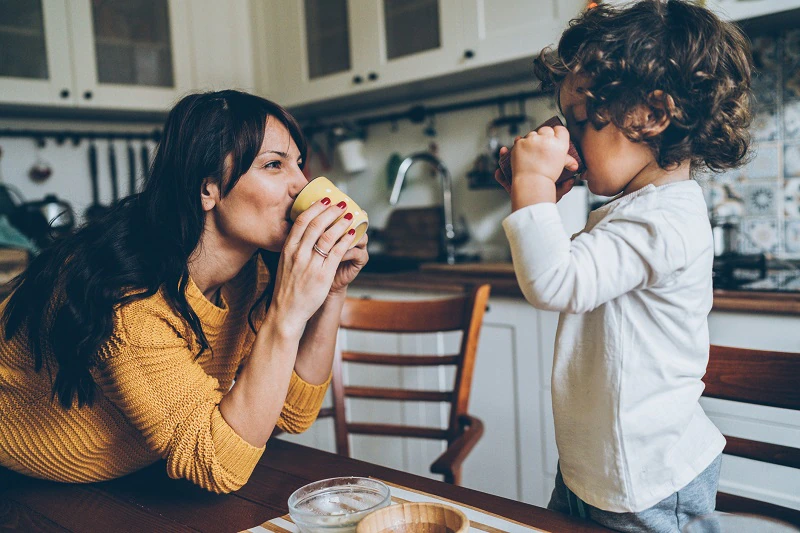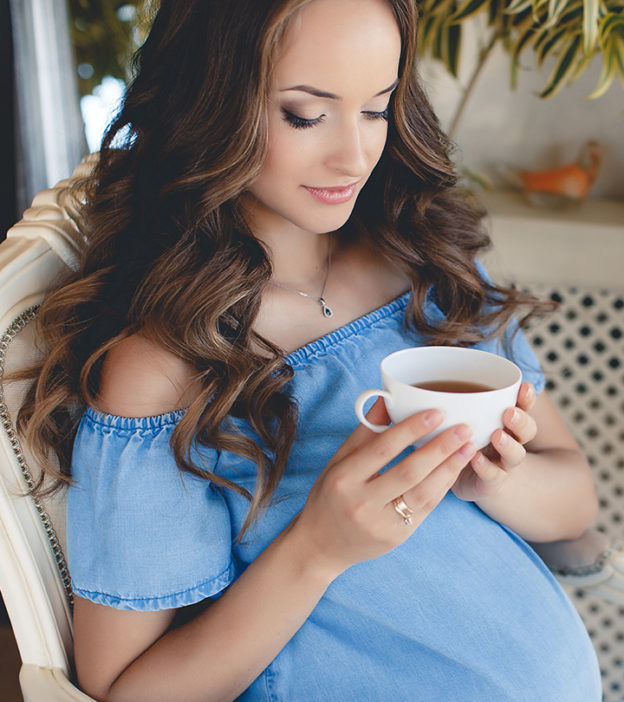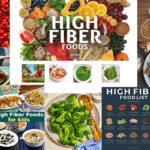How To Drink Tea , Don’t be overwhelmed by the world of tea! Everyone should fall in love with tea and find their ideal brew, in our opinion. We think there’s something new to learn about tea for everyone, regardless matter whether you’ve always been a big fan, only sometimes drink tea, or are an expert. Discover how to make tea, why you should drink it, when to drink it, and most importantly what not to do while preparing tea to discover your ideal cup.
How To Drink Tea…….
First and foremost, always use freshly-drawn water; if you reboil old water, it’ll lose oxygen and that will affect the taste of your tea.
*Where possible I would also recommend using loose leaf tea, as it’s the best way to experience the tea’s full breadth of flavour.
*The perfect cup is one that’s poured from a tea pot too – you should use one heaped teaspoon per person around the table, and add an extra one just for the pot.
*The temperature of your water also matters – breakfast tea is a black tea, so boiling water is a must.
*Finally, brew for 3-5 minutes (I brew for the full five, for a stronger flavor) and then add milk – first or last, either is grand – and if you like, a dash of sugar too.
*A proper cup of tea calls for loose leaf tea. Use a specialist blend – our version Blight-tea, is our best-seller.
*Take a fine bone china teapot and add one level dessert spoon of tea leaves for a small pot for one, two for a large pot.
*Pour boiling water, leave to infuse for three to four minutes before pouring into a china cup with a saucer.
*Contrary to wide belief, there is no real effect to adding the milk before or after so we always ask for personal preference… (How To Drink Tea)
When to Drink Tea ………….
You could assume that tea should be served with a dash of milk and a robust tea around every 30 minutes. But to find out when tea is best sipped, we spoke with tea specialists… (How To Drink Tea)
MORNING:
English and Irish morning mixes, as well as the stronger single-origin black teas from Assam, Ceylon, and China, can make waking up a bit less difficult. Sometimes adding a little milk or cream improves them.
LUNCH/EARLY AFTERNOON: Try mellower green teas (Ceylon Tea , sencha, jasmine, matcha, Mao Feng) and oolong teas (Ali Shan, Bai Hao), which better suit the pace of a day already in gear.
DINNER/EARLY EVENING: Oolongs, whites (Silver Needle, White Peony), and decaffeinated tea go well with dinner. For heartier meals, pu-erh is a tea of choice (it is reputed to help cut cholesterol and the bloat of fatty foods). White tea (served with fruit), or a limited edition, first flush tea (spring harvest) can dress up a fancier meal occasion.
BEDTIME: Most people look for something with no caffeine at the end of the waking day. Herbal or fruit teas are caffeine-free and provide a soothing alternative. (How To Drink Tea)
Can Babys Drink Tea (How To Drink Tea)…….
Tea has many benefits for adults, but is it safe for kids to drink? Are there health benefits of drinking tea for children? There are a few things you should consider before giving tea to your child.
While some tea is considered safe for children because it can be beneficial to their health and relieve certain symptoms, some are not good for young people. You need to be aware of the kind of tea you’re giving children, and how much they’re drinking.
Caffeine in Tea
Some tea, like black tea and green tea, contains caffeine. Caffeine is a stimulant, which means when you consume it, you get a boost of energy. It affects kids and adults in similar ways. Small amounts of caffeine can make you more alert, but too much can cause side effects. Since children are smaller, small amounts of caffeine can cause negative effects. Too much caffeine can cause:
*jitters and nervousness
*upset stomach and vomiting
*headaches
*difficulty concentrating
*trouble sleeping
*faster heart rate
*higher blood pressure
Herbal Tea for Children
Herbal tea, or tea that is made from herbs and fruits, usually does not contain caffeine. Herbal tea is often made from ingredients like mint, chamomile, fruits, and other spices.
For children over 2 years old herbal tea can be a healthy option compared to sugary drinks and can help manage the symptoms of some mild illnesses like colds, allergies, or motion sickness. Herbal tea should never be given to a baby under 6 months of age because it could contain harmful bacteria or cause an allergic reaction.
Children over the age of 2 can enjoy herbal tea, and some experts note that it can be a healthy choice for children because it is hydrating and does not contain sugar, like juice or soda
Can a Pregnant Woman Drink Tea…….
Tea is one of the most popular beverages worldwide — and one that many women continue to enjoy during pregnancy.
Some drink it to simply decompress or help meet the increased fluid needs of pregnancy. However, a proportion of women appear to use tea as a natural remedy for pregnancy-related symptoms or as a tonic to prepare for childbirth in the last weeks of pregnancy (1 Trusted Source).
Many may believe that tea is probably safe to drink while pregnant because it’s natural. In reality, women may benefit from reducing their intake of certain teas, while completely avoiding others throughout their pregnancy.
Limit your intake of caffeinated teas
Black, green, white, matcha, chai, and oolong teas are all sourced from the leaves of the Camellia sinensis plant. They contain caffeine — a natural stimulant that should be limited during pregnancy.
They each provide approximately the following amount of caffeine per cup (240 mL)
matcha: 60–80 mg
oolong tea: 38–58 mg
black tea: 47–53 mg
chai: 47–53 mg
white tea: 25–50 mg
green tea: 29–49 mg
Caffeine can easily cross the placenta, and your baby’s immature liver has difficulty breaking it down. As such, infants are more likely to experience side effects from amounts of caffeine that would otherwise be considered safe for adults.
Research suggests that infants exposed to too much caffeine during pregnancy may have a higher risk of being born preterm or with a low birth weight or birth defects. High caffeine intake during pregnancy may also increase the risk of miscarriage or stillbirth.
These risks appear minimal when pregnant women limit their caffeine intake to a maximum of 300 mg per day
When it comes to herbal teas,
there’s not a lot of research regarding their effects during pregnancy. As such, most health professionals advise pregnant women to avoid consuming any herb in amounts greater than you would find in foods
That said, according to a few studies, herbal teas containing the following ingredients may be safe to consume during pregnancy:
Raspberry leaf ; This tea is considered likely safe and believed to shorten labor and help prepare the uterus for birth. Research shows that it may shorten the length of the second stage of labor, but only by about 10 minutes
Peppermint ; This tea is considered likely safe and commonly used to help relieve gas, nausea, stomach pain, or heartburn. However, no studies could be found to support these benefits.
Ginger ; Ginger is one of the most studied herb remedies during pregnancy and considered possibly safe. Research suggests it reduces nausea and vomiting but, when consumed dried, should not exceed 1 gram per day.
Lemon balm ; This tea is considered possibly safe and commonly used to relieve anxiety, irritability, and insomnia. However, no study could be found to support these uses, and its safety hasn’t been studied in pregnancy. (How To Drink Tea)
Can You Drink Tea While Fasting……
Intermittent fasting can come with some unpleasant side effects, including hunger, nausea, fatigue, headaches, and trouble sleeping, according to the Scientific Clinic. Drinking tea during fasting periods can help provide some relief.
Provides Hydration
It’s important to stay hydrated while intermittent fasting by drinking plenty of water. Since tea does not contain calories, it is safe to drink while fasting and contributes to your daily fluid needs, says registered dietitian nutritionist Roxana Ehsani.
May Curb Appetite
Since you’re not consuming food while intermittent fasting, drinking tea can help fill your stomach and make it easier to deal with hunger pangs.
May Help With Sleep
Other teas like Ceylon Tea , jasmine and chamomile can produce a relaxing effect that may help you sleep. Past research found that the scent of jasmine tea has a sedative-like effect on mood and the autonomic nervous system.
“One of the goals with intermittent fasting is to create better sleep habits, which may include going to bed a bit earlier,” Zumpano says. “So if you’re typically a late-night snacker, going for one of these decaffeinated herbal teas is a great alternative and can help put you in a more relaxed state before bed.” (How To Drink Tea)
Can Cats Drink Tea (How To Drink Tea)…….
One of the reasons we like to drink tea is because of the caffeine it contains. Caffeine acts as a stimulant to the nervous system so when we’re feeling a bit weary, or our alarm’s just gone off, a cuppa can make us feel more alert and perky again. In our overloaded lives this is a very useful benefit to a pleasant drink.
However, caffeine also affects the nervous systems of cats and dogs, an unnecessary side effect in our pets as they rarely awaken unrefreshed from their many sleeps. They aren’t able to process caffeine like we can and this can be toxic to them leading to symptoms like vomiting, restlessness and elevated heart rate, in more severe cases even leading to coma and death.
So, what about giving them decaffeinated tea? Good idea, except, tea also contains tannins, which are also toxic to cats and dogs, and can lead to liver and kidney failure.
Herbal tea? Mostly caffeine-free, but some of the ingredients for infusions can also contain tannins, and there is such a variety of types you need to make sure the herbs you are using are not on the toxic list for cats and dogs.
Plants often contain chemical defence mechanisms which may affect some animal species more severely or adversely than others. And what is a low dose of caffeine (or other plant chemical) for one species, or even breed, may be too high for another, aside from taking into account variance in size, age and liver or kidney function.
Our pets just don’t need that cuppa like we do, and the safest, simplest, and cheapest way to hydrate our animals is simply fresh, clean water.
(How To Drink Tea)
……………………………………………………………………………………………………………………………………………………………………………………………………..
Knowledge World Blog- WWW.KNOWLEDGEWORLD.BLOG
Visit Our Online Shop Website- WWW.CEYLEBRITY.COM
Ceylebrity Sinhala News And Articles- WWW.CEYLEBRITYNEWS.LK
Share
